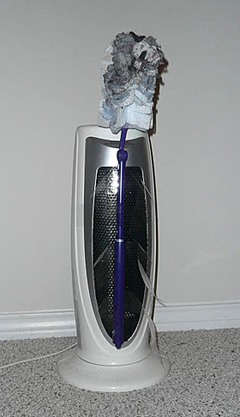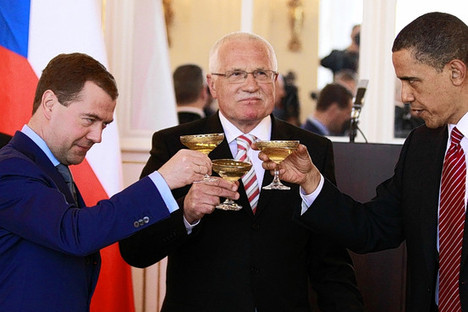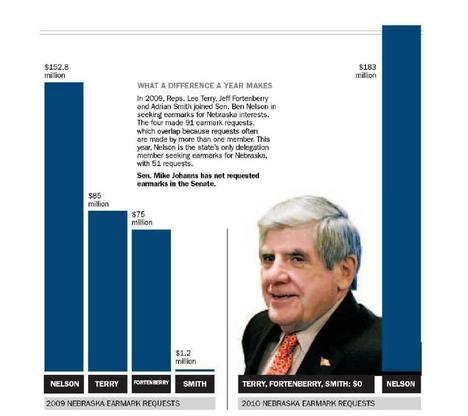Many attorneys are good people, including my late father, one of my brothers, and one of my favorite former students.
But a few attorneys must be conscience-challenged; for instance the ones “representing” the class in the case described below.
More importantly, class-action litigation increases the costs and uncertainty of doing business, and thereby increases the prices of the products and services we buy.
In speaking to one of my classes a few years ago, Omaha entrepreneur Joe Ricketts made a strong case for tort reform. it is hard to disagree, unless, like the Democratic Party, you are receiving large contributions from trial lawyers.
(p. B1) . . . , a 2008 settlement of a class action against Ford Motor Co., involving incidents in which Firestone tires exploded on Ford Explorers, offered certain Explorer owners coupons worth $500 toward the purchase of a new Explorer and $300 toward the purchase of any other Ford vehicle.
As of March, only 148 people had redeemed a coupon out of 1,647 people eligible. The plaintiffs’ attorneys who led that litigation collected about $19 million in fees.
“It was rather absurd,” said Julie Hamilton Webber of Glendale, Calif., a class member who has a 1993 Ford Explorer. “The net result was the attorneys were enriched and did nothing for the class.”
For the full story, see:
DIONNE SEARCEY. “Toyota Owners May Reap Little.” The Wall Street Journal (Thurs., MAY 20, 2010): B1-B2.
(Note: ellipsis added.)
(Note: the online version of the article has the slightly different title “Toyota Owners May See Little.”)



